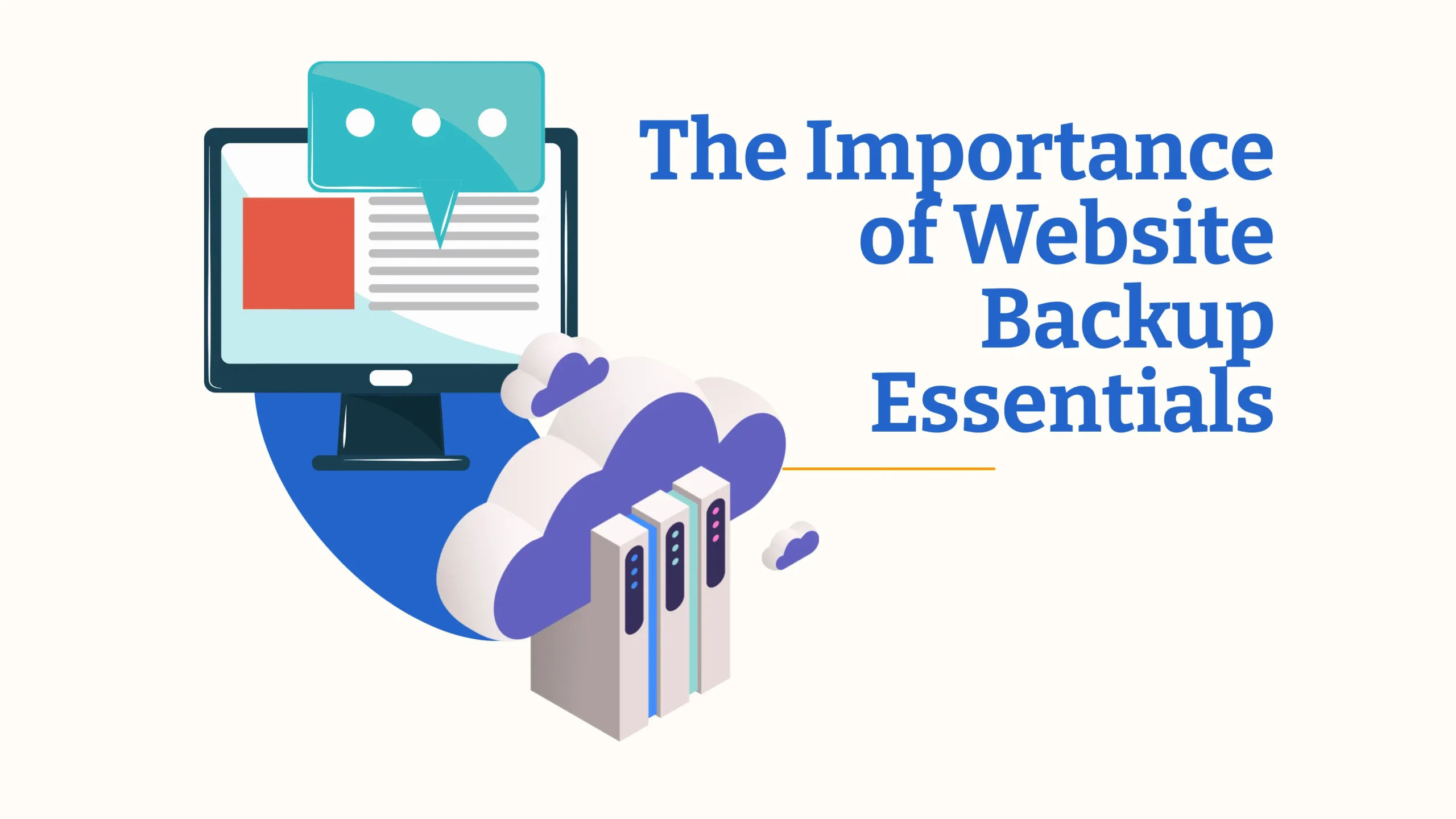Passwords are an integral part of our daily lives, helping us access our devices, online services, and secure accounts. Whether it’s for logging into a website, shopping online, or sending information across devices, passwords are a crucial line of defense. However, not everyone understands the best practices for creating strong passwords, using password managers, or protecting their privacy. In this guide, we’ll explore essential password security practices, bust common myths, and dive into effective solutions to protect your digital life.
What Are The Best Passwords?
In our modern age, passwords are indispensable. From personal emails to work accounts, our online presence is protected by them. But with the increasing number of cyber-attacks, it's essential to understand the difference between weak and strong passwords.
The Right Approach to Passwords: The best passwords are long, complex, and unique. While it might be tempting to use simple and memorable passwords, these are often the first ones hackers try. A strong password should be hard to guess and even harder for hackers to crack.
Here are some guidelines for creating the best passwords:
- Length Matters: A strong password should be at least 8 characters long, though 12 to 14 characters are even better.
- Use a Combination of Characters: Mix numbers, letters (upper and lowercase), and special characters like
%&3ac_ht4@m7. - Avoid Dictionary Words: Don't use easily guessable words like your name, address, or any word from a dictionary.
- Change it Up: Make sure your password isn’t related to your user ID. Avoid any permutations of your username or simple variations.
- Make it Unique: Don’t reuse passwords across multiple sites.
- Think Outside the Box: Don’t use obvious passwords like “123456” or “password.”
The Myths About Passwords You Should Stop Believing
There are many myths about password security, and believing them could put your data at risk. Let's debunk a few:
- Myth: You Can’t Recover Your Password
- Fact: If you use strong passwords and two-factor authentication (2FA), recovery is possible. Don’t ignore recovery options provided by services, such as email or SMS recovery.
- Myth: Password Managers Like LastPass or 1Password Are Foolproof
- Fact: While password managers are useful, they’re not impervious to attacks. Always choose strong passwords and don’t rely solely on a manager to keep your information safe.
- Myth: It’s Fine to Write Down Passwords or Store Them on Your Computer
- Fact: Storing passwords in easily accessible places, like on your computer or written on paper, is a major security risk. Use a password manager for safe storage.
Creating Strong PIN Codes, Google Usernames, and Forgotten Security Questions
When creating PIN codes or setting up security questions for your accounts, be thoughtful and avoid easily guessable options. Here are some tips to strengthen these aspects:
- PIN Codes: Avoid using obvious numbers like “1234” or your birth year. Create a random sequence or a combination of numbers you can easily remember but others can’t guess.
- Security Questions: Don’t use answers that can be easily found on social media or the internet. Opt for answers that are memorable to you but not easily discoverable.
How to Protect Your Business from Password-Related Vulnerabilities
Many organizations face password-related challenges, from internal storage issues to external cyber threats. Data breaches, like those experienced by Amazon, GatorIO Express, and Dashlane in 2018, have shown how vulnerable personal details can be if passwords are improperly stored.
Businesses should prioritize password security and adopt proactive measures:
- Regular Password Audits: Regularly audit passwords across your system and ensure they meet strong security guidelines.
- Use Multi-Factor Authentication (MFA): Enabling MFA reduces the risk of unauthorized access to accounts, even if a password is compromised.
- Educate Employees: Train employees on the importance of password security and ensure they follow best practices.
AI-Based Password Managers: Enhancing Security
The future of password management lies in artificial intelligence (AI). AI-based password managers help detect potential threats, offering real-time risk management. Banks, in particular, can benefit from these solutions to safeguard sensitive information and prevent data breaches.
What Are the Best Practices for Password Security?
To ensure your accounts remain secure, follow these best practices:
- Use a Unique Password for Every Account: Don’t recycle passwords, even for similar services.
- Enable Two-Factor Authentication: Whenever possible, add an extra layer of protection.
- Use a Password Manager: Store your passwords securely in a password manager that uses encryption.
- Regularly Update Passwords: Change your passwords every few months and make sure they meet security standards.
- Monitor Your Accounts: Keep an eye out for suspicious activity on your accounts.
Final Thoughts
Passwords are our first line of defense against cyber threats. By following the best password security practices, you can ensure that your accounts and sensitive information stay safe from unauthorized access. Don’t rely on myths or outdated practices—create strong, unique passwords, use multi-factor authentication, and educate yourself on the latest security threats.
Stay vigilant, stay secure, and remember: your digital security is in your hands.

